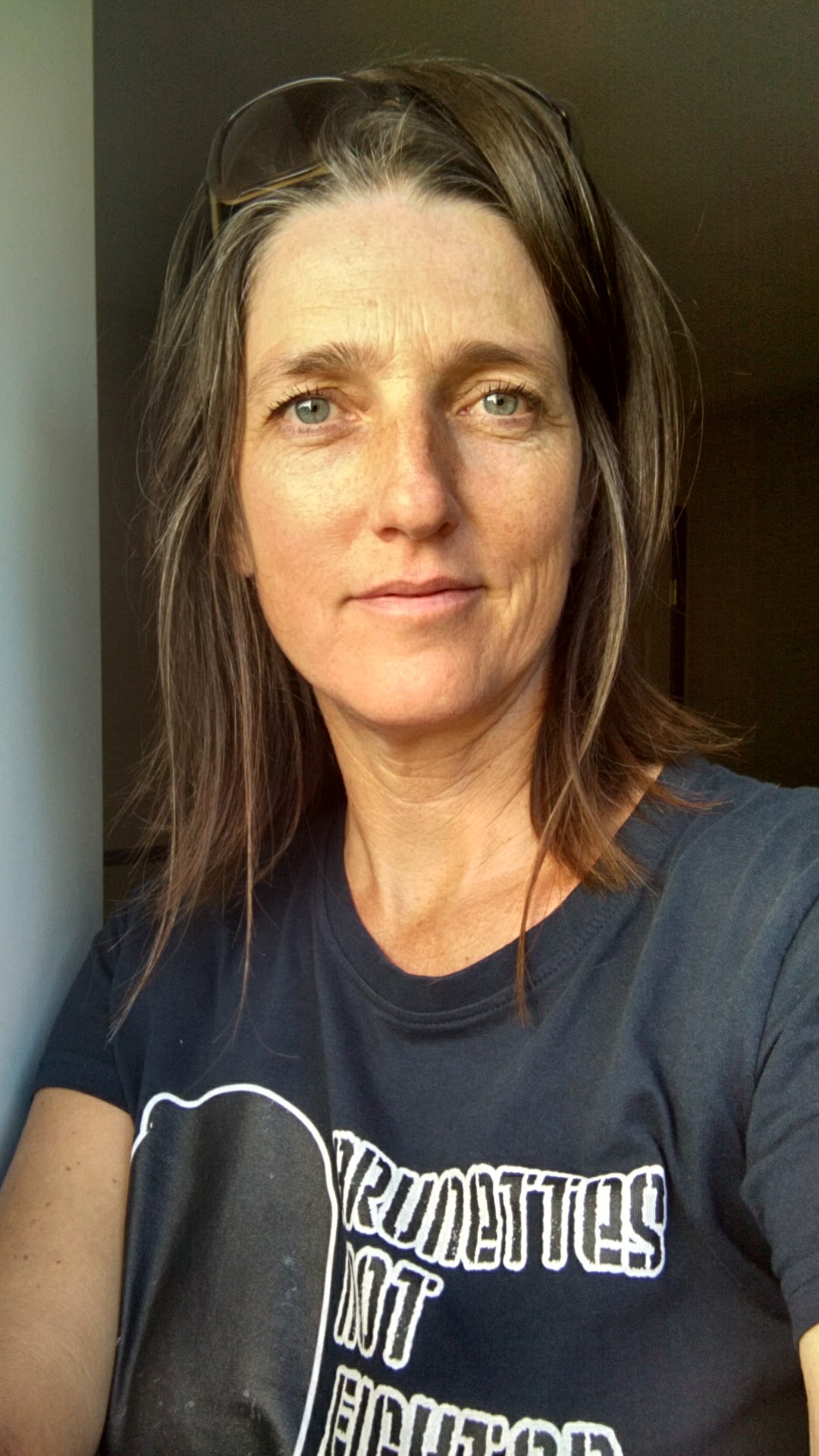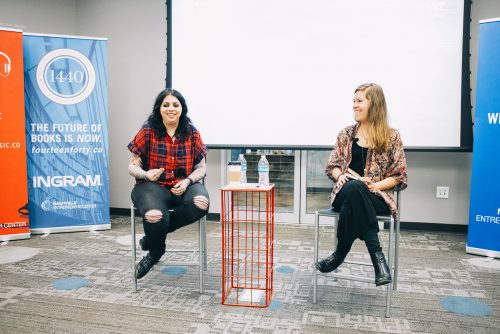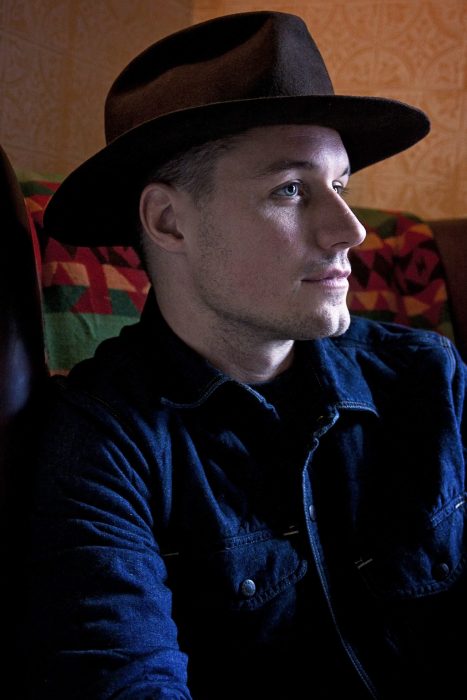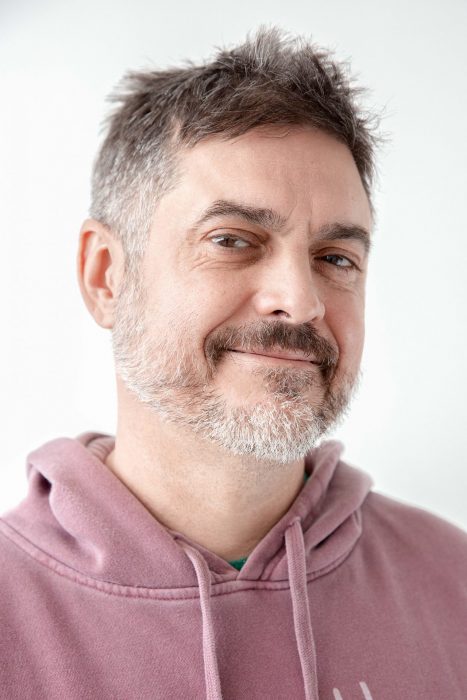Executive coach Nene Burns believes that true leadership comes down to curiosity, openness, and a willingness to do the inner and outer work. Since 1998, the San Francisco-based coach has worked with a variety of folks from CEOs to creatives. In her work, she helps them see situations from all sides, overcome stumbling blocks, and connect with their community in order to support their vision. Burns’ best work is done with clients who are malleable, in terms of mind and spirit, and incentivized by the desire to be better people. The hope is that in breaking down their own barriers and dysfunctions, they will influence others to do the same. Since meeting Burns through a celebrity client three years ago, she has had a tremendous impact on my own career and character. Burns is an invaluable sounding board who brings one from confusion to clarity.
What is your favored philosophy in terms of your work?
NB: The more perspectives I can hold true at the same time, the more developed I am as a human being.
Break down executive coaching in the simplest of terms.
NB: Executive coaching is about partnering with a person to reach their goals. First we figure out what those goals are. Next, we establish a plan. Lastly, we discern what ever might get in the way. Once my clients realize what their obstacles are, we work together to navigate their way through the blockades.
What differentiates your particular style of coaching?
NB: I take into consideration what context my clients are in. Context dictates 90% of our behavior. We are much different depending on where we are and who we are around. If we are in a context that doesn’t support our goals, something has to change. Our lives are contingent on both the inner and outer factors.
Who would you describe as your ideal client?
NB: Someone who is super eager to grow and become a better leader. They are willing to try on different strategies, like a t-shirt, in order to see what fits. If someone is in resistance then coaching can only go so far.
Is that disheartening?
NB: Yes, but seeds still get planted and crop back up later on. Self-reflection, which I work on with my clients, can get a little dicey at times. Generally we don’t slow down to see the gaps between what is happening and how we want to be. When that gap becomes apparent, that person has a choice about what to do next.
So how can we be more open to seeing the good in the “bad” news?
NB: Teeny, tiny steps are highly effective. For one client, that might be asking his coworker to tally how many times they interrupt during a conversation. For another, it might be to spend more time listening to employees. I try my best to break things down into palatable bites. My clients also have full permission to try a different tool from my bag of tricks if something doesn’t work for them. It’s about finding the root motivation, which unlocks their ability to change.
It is hard to admit you aren’t always right.
NB: Agreed. We are trained to think that taking another’s perspective is about “either-or.” Things aren’t so black and white. Instead, I try to help my clients see situations as “both-and” or in Technicolor. Having another person ask you, “What else aren’t you seeing?” can be very helpful in becoming aware of different sides of the equation.
Why the focus on leaders?
NB: It allows me to have an impact, similar to a ripple effect, on that individual as well as their team. Leaders also share resources amongst others leaders, which is another way to spread positive, transformational messages.
How much does communication play into leadership?
NB: Emotional intelligence in terms of conversation is huge. If you can mirror back to another that you understand their words, as well as their feelings, you are actually 30% more likely to get a promotion. You can only know what will resonate with someone else through engaged listening and empathy.
How can we be better listeners?
NB: By setting aside what is happening in your own head and focusing on the words being said. Listening is about holding space for someone else to say whatever they need to say, however they need to say it.
What other benefits can others get from executive coaching?
NB: Similar to therapy, coaching is one of the few places where people can actually be heard. Creating the time and space to reflect is critical to leadership.
In the real world, how can we reflect?
NB: Start with a specific question such as, “If I were someone else, what would it have been like to be around me today?” If we stop long enough to assess a situation, then we can listen to our own voice as well as others.
What about your background sets you a part from others in your industry?
NB: The reason I have been embraced by the corporate world is because I bring a myriad of experiences, influences, and education to the table. I’ve always been a renaissance woman, which is the source of my resourcefulness and agility. All of my experiences, from living in foreign countries to earning various degrees and credentials, bring a vast amount of depth to any given situation. I find it easy to take risks and relate to a wide spectrum of cultures and walks of life.
Best compliment you’ve ever received?
NB: “I trust you completely and value the tools you’ve given me, which I can now use with my team.” Catalyzing my client’s growth in some way is the best compliment.
Last words?
NB: I am doing the work I’m meant to do and fulfilling my purpose. Part of that purpose is to help others do the same.




